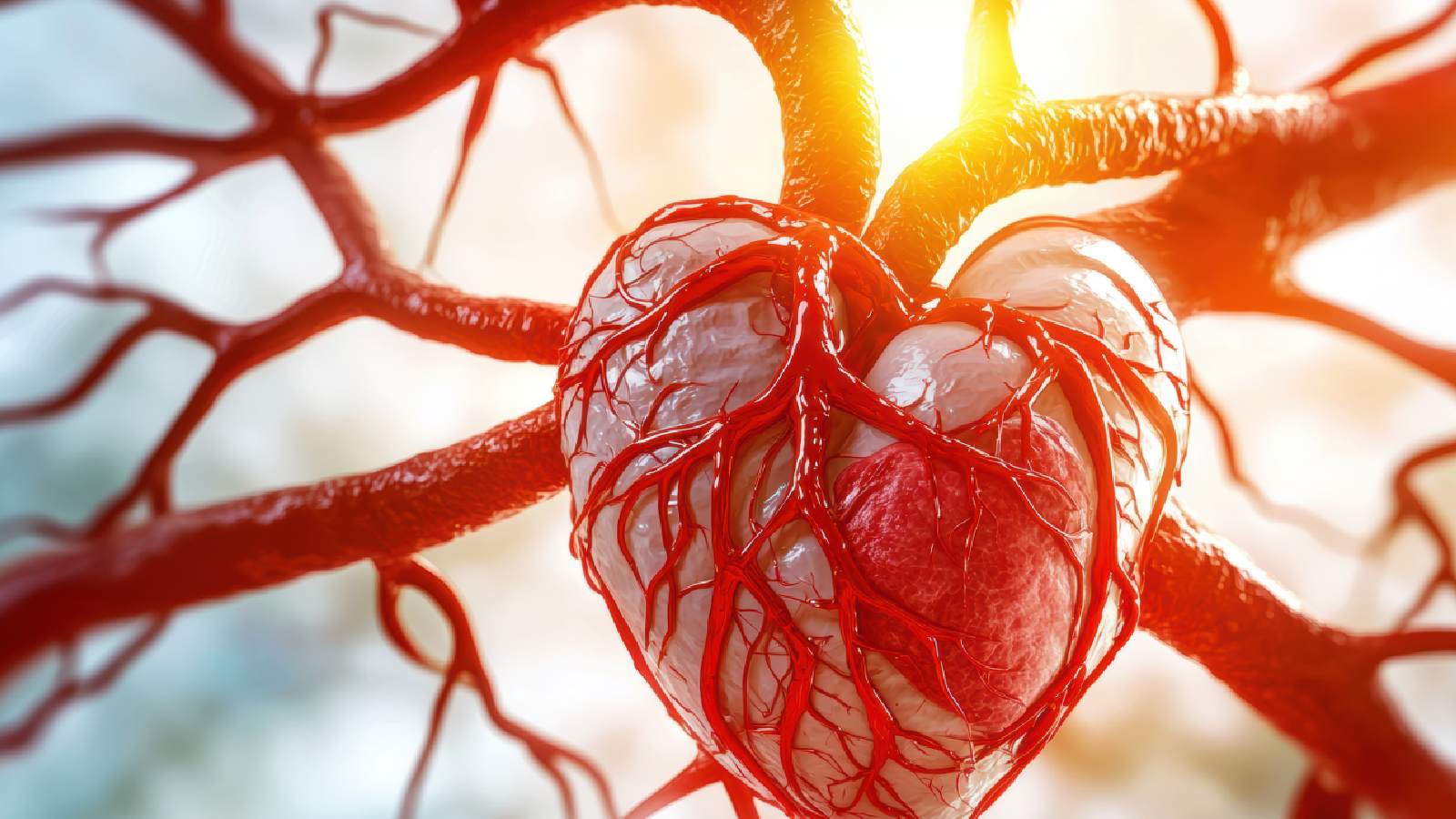When fat accumulates in the arteries, calcium also starts accumulating with it. The presence and volume of calcium helps to find out whether a person has a risk of heart diseases or heart attack.
Today’s high speed life and irregular lifestyle have become a serious health problem in India. According to data, one in four deaths in India is caused by heart disease. The sad thing is that many of these cases come up when it is too late. In such a situation, the CAT calcium score test has emerged as a modern tool that can indicate heart disease without any symptoms.
We contacted Dr. Sameer Bhati to know what is the calcium score test and how much it can be helpful in identifying heart diseases in time. Dr. Bhati is a public health expert.
What is CT Calcium Score Test
Dr. Sameer Bhati says, “CT calcium score test is a special type of cardiac CT scan, which measures the amount of calcium present in the coronary arteries. When the arteries start accumulating, the presence of this calcium or the amount of heart is also stated that the person starts to accumulate in the arteries. How much risk of attack is there. “

How is this test done? (How to do Calcium Score Test)
Talking about the process, Dr. Bhati says, “This test is completely non-invasive (without any incision or needle). The patient is lying in a CT scan machine and a 3D image of heart arteries is prepared through a fast scanning process. The whole process takes about 10 to 15 minutes and does not require any special preparation.”
Also read


How to know whether your calcium score is correct or not (The Right Level of Calcium Score)
The result of this test comes as a score, which is called Agatston Score:
- 0 score: The arteries do not have calcium. The risk of heart disease is very low.
- 1-100 score: There is a light amount of calcium. Slight risk.
- 101-400 score: moderate risk. Plack freezes are confirmed.
- Score above 400: High risk. The possibility of heart attack increases.
Who should do this test done?
This test is suitable for those who:
- There should be history of heart disease in the family
- Blood pressure, diabetes, or cholesterol problem
- Smoking or excess alcohol
- Those who are over 40 years old and are not doing regular checkups
Traditional Test vs CT Calcium Score Test
Echocardiogram (echo) Only shows the functionality of the heart, not the condition of the arteries.
Stress test It checks how hard the heart works in a state of exercise or stress.
Angiography There is an invasive process in which blockage is detected with the help of dye and catheter.
But compared to all these, the CT calcium score test can tell the initial position of your heart arteries without any pain, needle or dye.
Why is this test necessary?
Often the initial symptoms of heart disease are not visible. In many cases the first symptom is heart attack. Through the CT calcium score test, we can know whether plaque is accumulating in the arteries of the heart without any symptoms. It helps in timely lifestyle changes, starting of medicines and taking other medical advice.

Picture- Adobe Stock
Time prevention is the best treatment
If the CT calcium score test indicates that calcium is accumulating in your arteries, it does not mean that the heart attack is certain. This means that you need to change your lifestyle:
- Take a balanced diet-fiber, omega-3 fatty acids, fruits and vegetables are necessary
- Exercise regularly – Walk or yoga at least 30 minutes
- Manage stress – prefer meditation and sleep
- Stay away from smoking and alcohol
- Keep getting regular checkups
Also know
Dr. Bhati says, “Although this test is extremely useful, it is not a perfectly a choice of diagnosis. It is only a risk assessment tool. Patients who have more scores, they may have to conduct other tests such as stress tests, echocardiograms, or angiography.”
while going
CT calcium score test is a precious gift of modern medical science, which gives us an opportunity to prevent premature heart disease. Waiting for the symptoms is foolish – the small is what takes the first steps. If you or someone in your family is struggling with the risk of heart disease, then this test can prove to be a life saving.
Also read – Sudden Heart Attack: Do not ignore if you feel nervous! This may be a warning sign of heart attack




